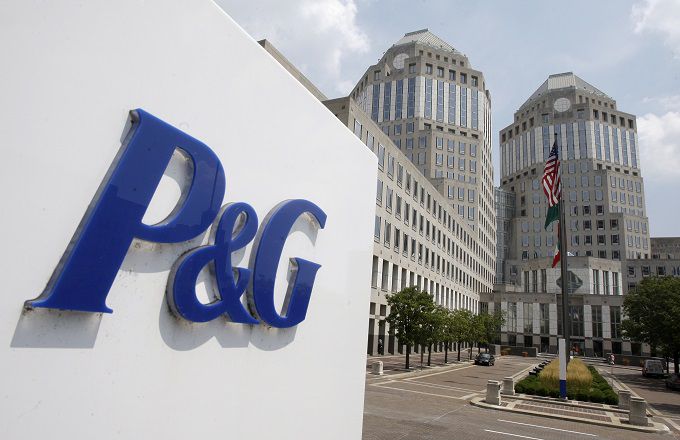Three consumer goods companies colluded over fixed pricing in eight European countries, which lasted for three years. Then one of them decided to breach the agreement and confessed to authorities. Did you know that this led to fines worth millions of pounds?
The big household name, Procter and Gamble, along with Unilever and Henkel, were raided by the European watchdog in 2008 for running a cartel and fixing washing powder prices. But only Henkel did not pay a fine.
The “Purity” Investigation
In 2011, three major companies, Henkel, Procter and Gamble, and Unilever, formed a cartel. The goal was to agree on the prices of their washing powder products to maximize profits. These companies agreed to shrink the amount of packaging for their detergents but keep the exact prices and collectively agreed to raise costs.
The investigation for this operation was called Purity, and the EU Watchdog raided the three companies on suspicion of price-fixing. While they planned the washing powder prices together, Henkel tipped off about their deal in exchange for not paying the fine. P&G paid two hundred eleven million euros while Unilever paid one hundred four million euros.
The fines were discounted by ten percent after they admitted running a price-fixing cartel. The Cartel had operations in European countries like Belgium, Portugal, France, Spain, Germany, Italy, and the Netherlands for about three years, between January 2002 and March 2005. The admission of the two major companies, P&G and Unilever, for their participation in running the Cartel helped quickly conclude the investigation. (Source: BBC News)
What Does the Term “Cartel” Mean?
Despite the negative perception formed by crime films, Cartel means written agreement. It is an arrangement of independent manufacturers to improve the companies’ profit. Some of the controls under the Cartel are prices, output restrictions, and market allocation. Cartel was initially used to refer to the letter of defiance. (Source: Merriam-Webster)
History of the Cartel Companies
Procter and Gamble
Also known as P&G, the company was established in 1837. The company name was derived from its founders, a British candlemaker, William Procter, and an Irish soapmaker, James Gamble. The company started in Cincinnati, Ohio. Today, P&G manufactures soaps, cleansers, and other household products. Some of their famous brands are Ambi Pur, Fairy, Viakal, Febreze, Ariel, Daz, Lenor, Gillette, and more. In the early days, P&G used to supply soap and candles to the Union Army during the American Civil War. They sold more of their products when the war was over. (Source: Britannica)
Unilever
Before Unilever was born, there was the Lever Brothers. The latter was built by William Hesketh Lever, First Viscount Leverhulme of the Western Isles, born on September 19, 1851, in Bolton, Lancashire, England. Lever started the soap business in 1885 by leasing a small soap works but was not gaining profits. With the help of his brother, James Darcy Lever, the brothers began making soap out of vegetable and cottonseed oils instead of tallow and had the name Sunlight as the registered brand name. It was the same year that Lever Brothers was founded. They also started aggressive advertising, with give-away prize campaigns, and had slogans too. (Source: Britannica)
Henkel
The company was founded by a twenty-eight-year-old merchant, Fritz Henkel. On September 26, 1876, Henkel and two other partners started their company, Henkel & Cie, in Aachen, Germany. The first product they marketed was a universal detergent based on silicate. Today, Henkel has manufactured consumer products from laundry and home care like Persil, All, Bref to beauty care such as Dial, Syoss, and Schwarzkopf. (Source: Henkel)
